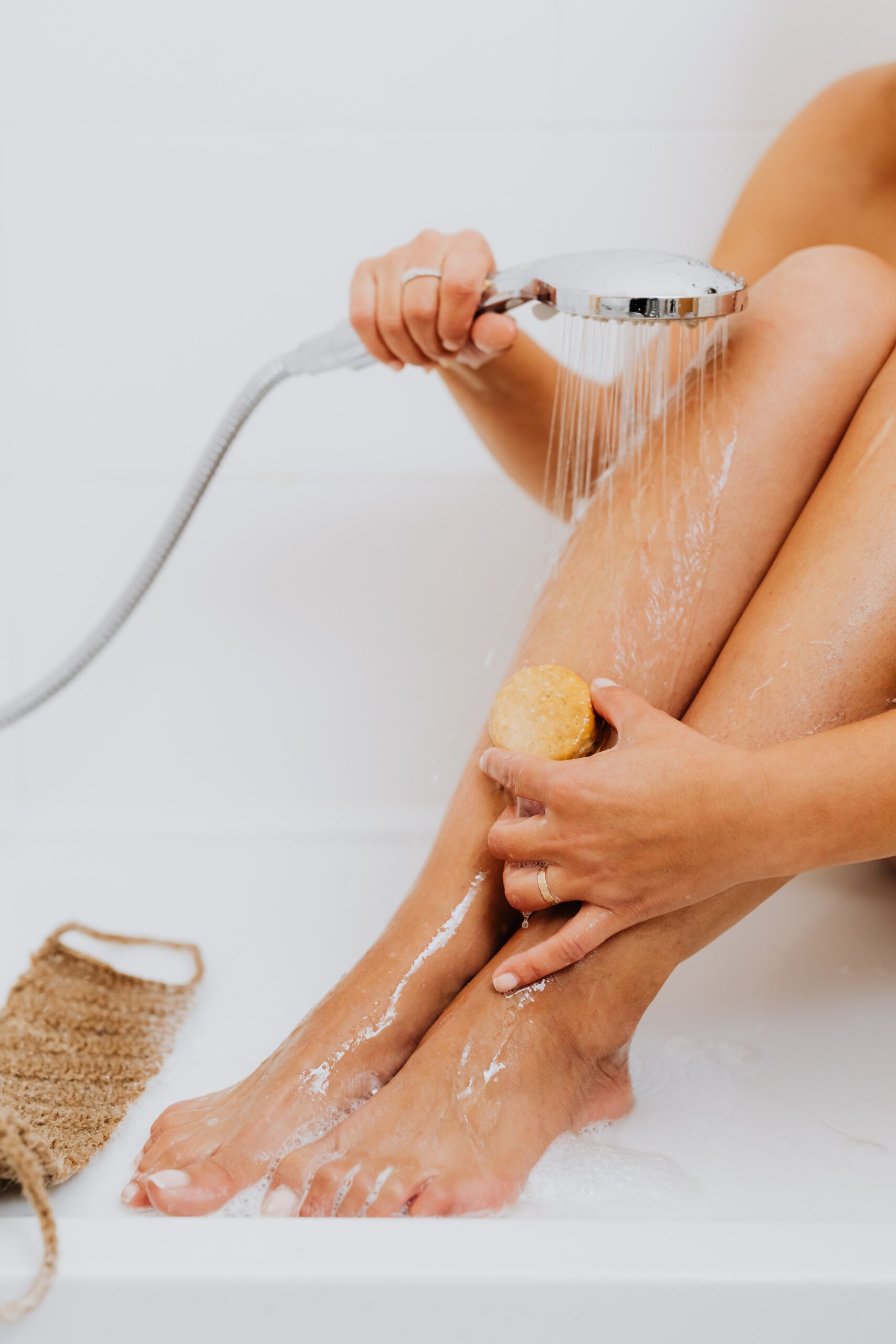Bathing is a fundamental aspect of personal hygiene that we all engage in regularly. However, many people do not realize the importance of proper bathing and the effect it has on skin health. Our skin is the largest organ in our body, and it plays a crucial role in protecting us from external factors like bacteria, pollutants, and UV rays. Therefore, taking care of our skin should be a top priority, and proper bathing is a crucial aspect of that care. Bathing not only cleanses the body of dirt and grime, but it also plays a vital role in maintaining healthy skin. Let’s explore the importance of proper bathing and how to bathe properly to maintain healthy skin and overall well-being.
The Benefits of Bathing
Bathing has numerous benefits for the body, including the removal of dirt, sweat, and dead skin cells, which can accumulate on the skin’s surface. Proper bathing helps to eliminate bacteria and viruses, reducing the risk of infections and illnesses. Additionally, bathing can help to relieve stress and promote relaxation, improving overall mental health.
The Effects of Improper Bathing on Your Skin
Improper bathing can have detrimental effects on skin health. Overbathing or using harsh soaps and detergents can strip the skin of its natural oils, leaving it dry, itchy, and irritated. Hot water can also exacerbate dryness and irritation, as it can strip the skin’s natural oils more quickly. Conversely, not bathing enough or not properly cleansing the skin can lead to the accumulation of dirt, oil, and bacteria, leading to breakouts and infections.
Proper Bathing Techniques For Healthy Skin
Proper bathing practices can help maintain healthy skin by keeping it clean, hydrated, and protected. To ensure the best possible skin health, consider these bathing tips:
Soap is irrelevant. While there are countless products on the market claiming to be better or more gentle for your skin, any basic soap will do as long as you don’t have any pre-existing skin conditions. It is important to focus on only washing odor-bearing places, such as underarms, breasts, groin, and feet.
Skip the loofa. When you wash your body, be gentle. Steer clear of abrasive articles such as washcloths, sponges, and loofas. They irritate the skin and strip the skin of natural oils. Your hands alone are the best to wash your body.
Avoid hot water. Hot water may feel soothing, but it can strip your skin of natural oils, leading to dryness and irritation. Instead, use lukewarm water to wash your body. If you have sensitive skin, you may want to consider using cooler water.
Keep it short and not often. Bathing and showering should be kept to five minutes or less. If you enjoy longer showers or baths, it is essential to keep the temperature low. Overbathing can lead to dryness and irritation. Generally, it is agreed that showering or bathing every day is neither necessary nor ideal for most people.
Pat the skin dry. When you’re finished bathing, avoid rubbing your skin vigorously with a towel. Instead, pat your skin dry gently with a soft towel. Rubbing too hard can damage your skin and lead to irritation.
Moisturizing helps. After bathing, apply a moisturizer to the skin to help retain its natural oils and prevent dryness. Applying moisturizer to skin while it is still damp can help lock in the moisture. Any moisturizer works as long as you are consistent. Lotions, creams, and ointments all work similarly. Some people may need to moisturize twice a day.
Never scrub a rash. While you may find short-term relief by washing or scrubbing a rash, it’s important to avoid this as it will further irritate already irritated skin.
How Proper Bathing Can Affect Various Skin Conditions
Proper bathing practices can also have a significant impact on various skin conditions, such as eczema, acne, and psoriasis. For instance, people with eczema should avoid hot water and harsh soaps, as they can exacerbate the unpleasant symptoms of eczema, such as itching, redness, and dryness. Instead, they should use lukewarm water, gentle cleansers, and moisturize immediately after bathing.
Similarly, people with acne-prone skin should avoid using oily or comedogenic products, as they can clog the pores and lead to breakouts. Instead, they should use non-comedogenic cleansers and moisturizers that are oil-free and lightweight. Additionally, they should avoid over-scrubbing their skin, as it can irritate the acne lesions and cause inflammation.
Lastly, people with psoriasis should use lukewarm water and gentle cleansers that do not contain perfumes or dyes. They should also moisturize their skin regularly to prevent dryness and itching. Moreover, people with psoriasis can add some mineral oil, bath oils, or oatmeal to their bathwater to soothe their skin and reduce scaling. However, they should avoid hot water and over-scrubbing their skin, as it can worsen the symptoms of psoriasis.
Bathing is an essential part of our daily routine, and it is crucial to do it properly to maintain healthy skin and overall well-being. By following simple tips, you can ensure that your bathing routine is effective and beneficial for your skin and health. If you have a pre-existing skin condition, consult with your dermatologist to create a personalized bathing routine that suits your needs. By taking care of your skin, you can not only improve its appearance but also protect it from external factors and promote overall health and well-being.
Stay tuned for a discussion on cleansers and moisturizers in the next article!
If you have any concerns about your skin’s health, it is always best to consult with a dermatologist for personalized advice and treatment. Call our office today at (913) 469-1115 to schedule an appointment with Dr. Kaplan and the team at Adult and Pediatric Dermatology.

